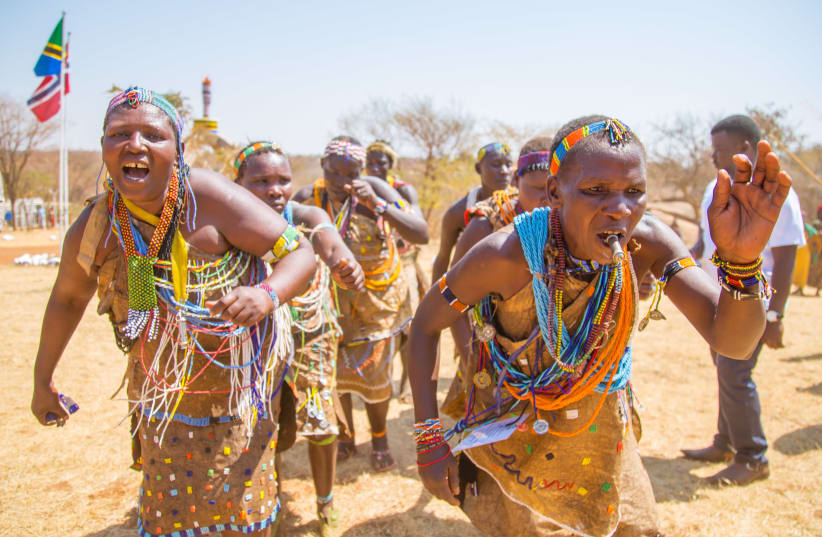Our ancestors didn’t enjoy a calm and comfortable life like ours but really, in some ways, they were much healthier than us. Now, they’re teaching us an important lesson on how to prevent our bodies from aging too rapidly.
Even in the days of hunters-gatherers, many people managed to live until age 70. Yet the animal that is closest to us genetically, the chimpanzee, usually doesn’t live more than 30 years. A group of researchers from Harvard University tried to find an explanation for this puzzling difference and published a fascinating study on the subject. This study explains why humans live longer than most animals, and is more evidence of a link between exercise and the chances of longevity.
The authors of the study are experts in evolutionary biology. The theories they presented were based on observations made on groups of hunter-gatherers from the Hadza tribe who live in complete isolation from the modern world in northern Tanzania. Tracing such groups provides a fairly reliable picture of how our ancestors lived tens of thousands of years ago.
Hunters don’t have a pension fund or retirement plan
For the Hadza, like our ancestors, parents need lots of energy to raise children. They spend most of the day on their feet and work very hard to get food, dig, hunt and of course protect themselves and their children from dangers. Compared to them, chimpanzee monkeys enjoy a fairly easy life. They spend most of their day sleeping on the treetops, picking fruit and eating seeds.
In such tribes, energy is a scarce commodity but people still desperately need it to function and care for children. A young woman in prehistoric times needed energy to survive on her own and an additional 500 calories daily on average to care for the baby and extra calories to care for older children who still needed attention. Add to that the large human brain, which requires at least 400 calories daily just to function properly.
Those who helped young mothers in ancient times, like today, are grandparents, if they were still alive. The grandparents, despite their extreme age for that time, were no less active than their younger children, because they had no choice. When the researchers looked at the physiological metrics of the adult Hadzas, which are very similar to our ancestors, they found that in some ways they are much healthier than older people in Western countries.
"Older people in developed countries usually don’t have to do any physical work," explains research leader, evolutionary biologist Daniel Lieberman. "Today we have a pension that guarantees we don’t have to work in old age, and this is a relatively new concept in human history. Today we know how important it is to be active. We remind ourselves to persevere in physical activity, remind our children yet there isn’t enough discussion about the importance of such activities even when people are older. "
Even light activity can change you on a molecular level
The results of the study conclude what has long been known among experts, but only strengthens as time goes on: That exercise can slow down the aging process, reduce the risk of various diseases and generally prolong life expectancy. The researchers emphasized that enough exercise tailored for older people can repair the damage of aging at the molecular level in cells and tissues of the body.
Such activity doesn’t require too much effort at all. When looking at the key differences between us and the Hadzas, the most significant gap lies in the fact that they simply go much further than us. The study shows that the average American walks about 4,700 steps every day, while hunter-gatherers walk an average of 15,800 steps.
This study, as well as many other studies in the field, suggests that if people just start walking more, it will already improve their chances of longevity and reduce the risk of diseases like high blood pressure, diabetes, stroke, cancer and heart disease.
Humans, we emphasize, are the only mammals in the world that live a few decades on average after they cease to be fertile. Evolutionarily, it was essential for the survival of the human race that grandparents survive to help parents meet the demanding and complex task of raising children.
In the modern age, this task is already (relatively) simpler, and can exist even if grandparents are no longer around. However, we all still want to enjoy the people we hold dear even as they grow older, which underscores how important it is to make sure that they remain active, even at the most basic level, even after they retire and seemingly no longer have to get up too much from the recliner. It also reminds each of us to move more and lie down less because even small doses of activity can have a huge impact on the rate at which we age.
